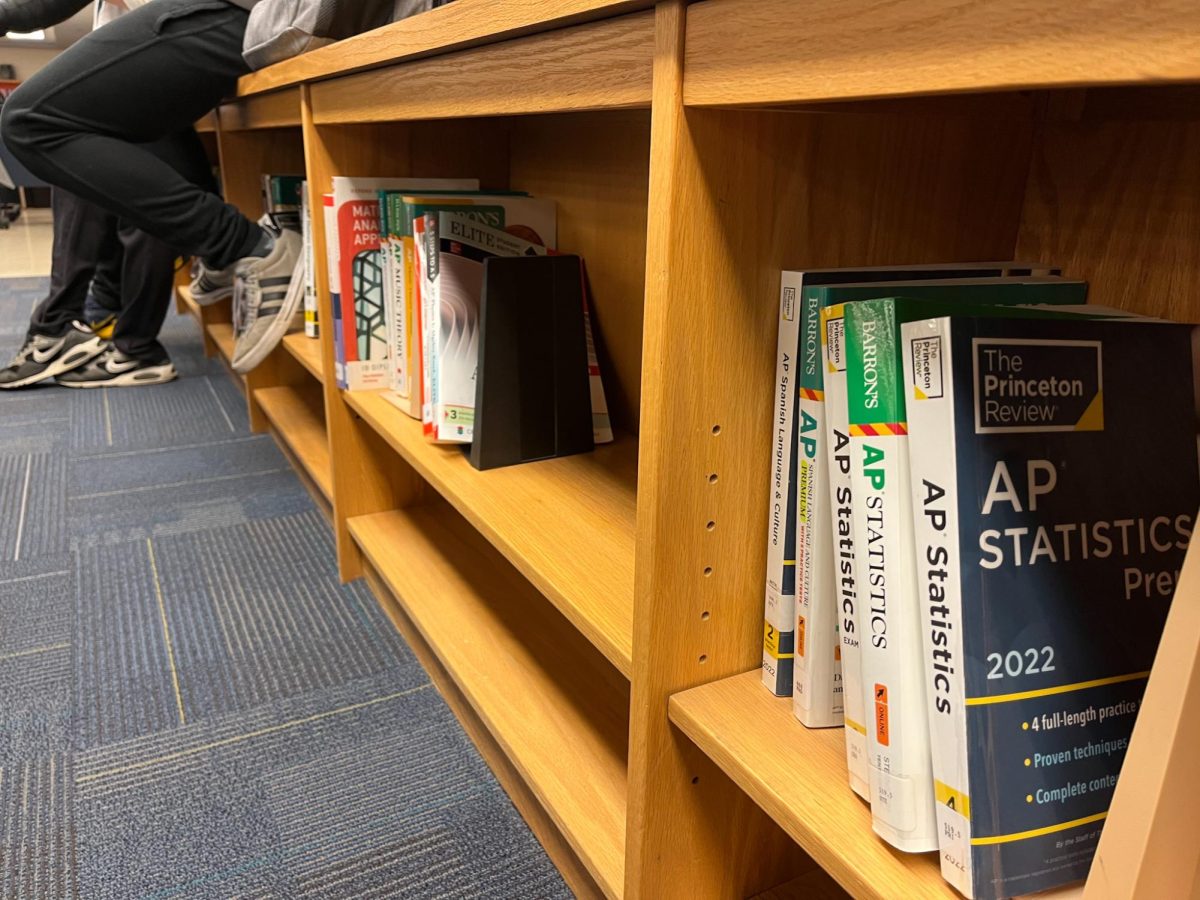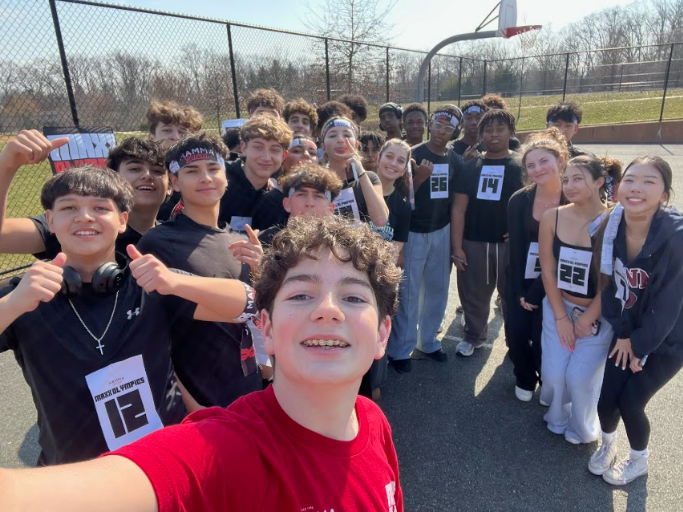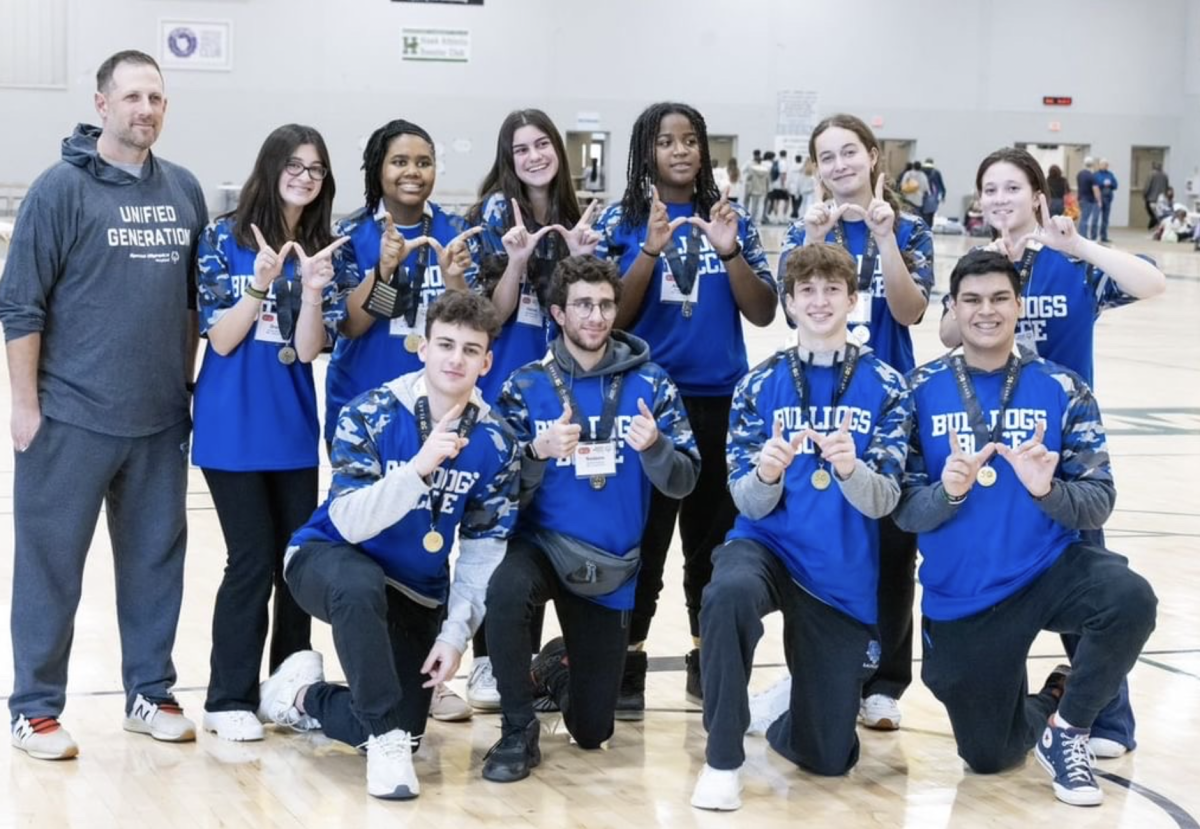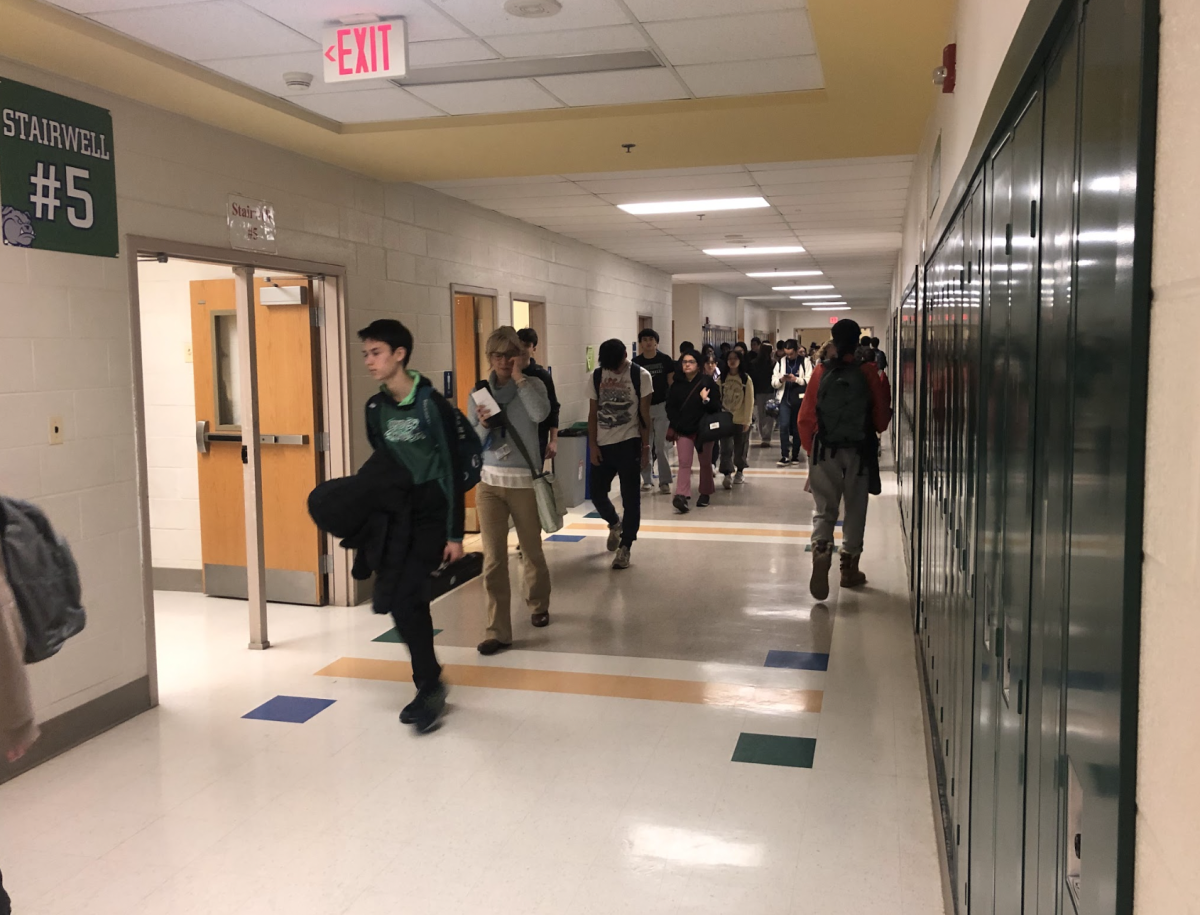Sophomore Monica Won’s worst nightmare happened: she came home, got onto her computer and logged into Facebook only to see that her parents had requested to be her friend.
Recently, parents have been getting even more involved in their kids’ personal lives. With tools like Edline, parents can see their kids’ grades at any point during the quarter, see all of their homework and get e-mails from their teachers.
“Parents getting report cards is enough,” sophomore Monica Won said. “Edline should be your own private matter. [My parents] constantly bother me about grades. They freak out if there are any Xs or Zs.”
According to head counselor Beverly Lubenetski, parents checking Edline too often is a cause for concern because the relationship between the parent and child begins to suffer.
“The parent will ask why something is missing and the student will give excuses and it starts a cycle of conflict,” Lubenetski said. “The student needs to check frequently and the parent periodically. When possible [they should] let the student advocate for themselves, in particular upperclassmen.”
According to a March 21, 2006 Washington Post article, the shift in parent involvement has been increasing since the 1980s. Parents’ control over their children can be seen in a variety of ways, from child safety seats to e-mails to Facebook monitoring.
“[My parents] have my Facebook password,” junior Meghan O’Lone said. “They want to make sure I am willing to give it to them so I can prove that I have nothing to hide.”
Although Facebook is primarily for teenagers, some parents use Facebook to can keep an eye on their kids’ social activities and friends.
“I ignored my [parents’] friends requests,” Won said. “I don’t want them to judge me by [my] pictures or [the] slang I use with [my] friends.”
While parents usually initiate this involvement to protect their children, it can sometimes be more harmful than beneficial.
According to an Aug. 19, 2008 cnn.com article, when a student constantly goes to his or her parents for help, they begin to rely too heavily on them. This gives the child a sense that they can always be bailed out.
Everyday here at CHS, dozens of forgotten lunches and homework are dropped off for forgetful students who call their parents for help, encouraging parents to stay involved and constantly helping their kids.
Although some students may resent their parent’s involvement, it can also be seen as helpful and beneficial.
“Parent involvement at Churchill is a blessing,” Lubenetski said. “At previous schools it was difficult to get a parent to come in.”
Although most parents push their kids to have excellent grades and complete their work well, others are so involved that they do their kid’s work for him.
“Some people’s parents basically write their essays for them,” sophomore Ariane Sedghi said. “When parents help too much their kids don’t learn anything themselves.”
Colleges have come to realize the growing problem of parents being overly involved so they have begun to take measures to avoid letting these parents be a distraction.
According to a November 16, 2006 Diverseeducation.com article, some colleges have hired “parent coordinators,” people whose only job is to interact with parents and try to allow kids to be free of their parents.
While some students feel that their parents are annoying now, others know that typically parents have their best interest at heart and are doing what they feel is best.
“I get some good advice [from my parents] if I’m not doing well in school,” Won said. “They try to help.













